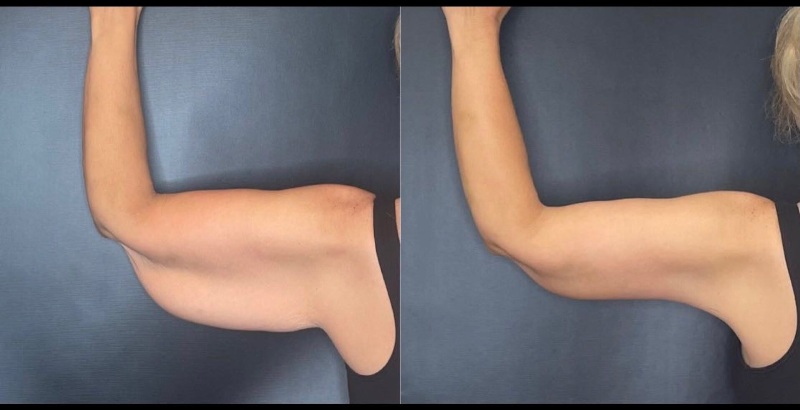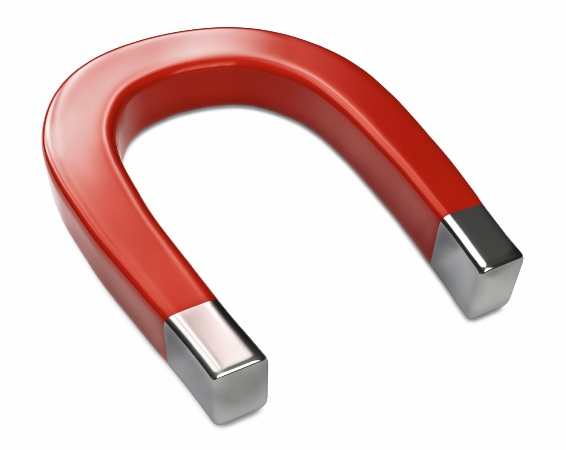
The global market for rheumatoid arthritis treatments is expected to grow at a CAGR of...
Learn More
Our consulting solutions address company specific challenges with respect to micro environment...
Learn More
Organizations frequently need day-today research guidancein order to gain strategic...
Learn More
Exploring different areas of market research and market analysis is a key factor...
Learn MoreAcute Market Reports presents the most extensive global business research services across industries. Our research studies focus on potential outcomes, benefits, and risks associated with each market segment across geographies. Having served our global clients for more than 10 years, our prime priority is to enable our clients in making well-informed business decisions through a data-driven, analytical, and uncomplicated research approach.
We provide access to the world's most comprehensive, analytical, and updated business intelligence services and solutions.




Brachioplasty, commonly known as an arm lift, is a cosmetic surgical procedure aimed at reshaping and tightening the upper arm area. The procedure is sought after by individuals who experience sagging or excess skin in their arms due to aging, signif...
Read More
The levulinic acid market is expected to grow at a CAGR of 8% during the forecast period of 2025 to 2033. levulinic acid market has witnessed significant growth, propelled by a diverse range of drivers, market segmentation nuances, geographic trends,...
Read More
The permanent magnet market plays a vital role in numerous industries, providing essential components for various applications. The permanent magnets market is expected to grow at a CAGR of 9.3% during the forecast period of 2025 to 2033, driven by t...
Read More




